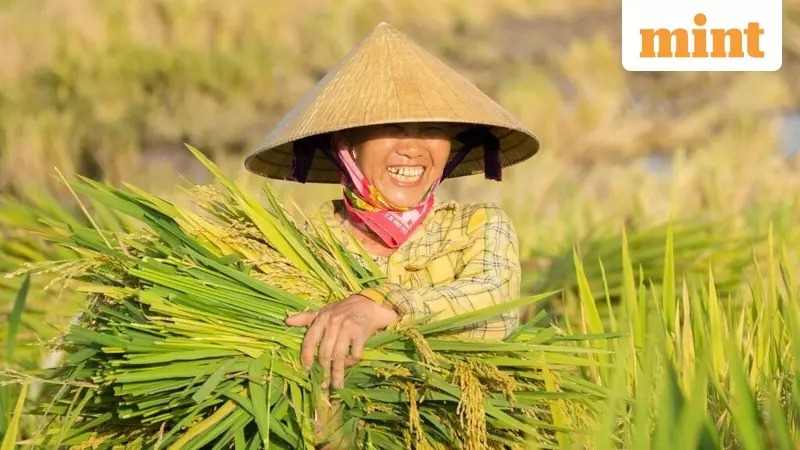
A groundbreaking new study has exposed the devastating toll climate change is taking on the world's food supply, with extreme flooding identified as a major threat to global rice production. Published in the journal Science Advances, the research delivers a stark warning about the future of food security.
Shocking Scale of Rice Yield Losses
The paper, which analyzed data from 1980 to 2015, found that floods caused a 4.3% reduction in annual global rice yield. Some regions were hit far harder than others. The research highlighted that China's East Coast suffered catastrophic losses of 14%. The lead author, Zhi Li, an assistant professor at the University of Colorado Boulder, described the findings as "very shocking" and emphasized that "that's a huge impact" with serious implications for local food security.
Rising Threats and Global Consequences
The study revealed a worrying trend: since the year 2000, yield losses have intensified due to more frequent extreme floods, a pattern expected to continue as climate change accelerates. These "rice-killing" events, defined as total crop submergence for seven or more days, are most common in major river basins like the Amazon, Yangtze, and Mekong.
The consequences extend beyond immediate harvests. Continued losses could destabilize the price of rice on the global market. Anna Josephson, an associate professor at the University of Arizona, explained to ABC News that any large shock to the food system can cause prices to rise, making basic staples unaffordable for many.
The Urgent Need for Adaptation
In the face of this growing crisis, the study's findings underscore a critical need for solutions. The researchers strongly advocate for the development and deployment of flood-resistant rice cultivars to build resilience. Implementing adaptation strategies to combat both flood and drought-related yield losses is now essential to safeguard global food security and protect the stability of a vital food source for billions.





